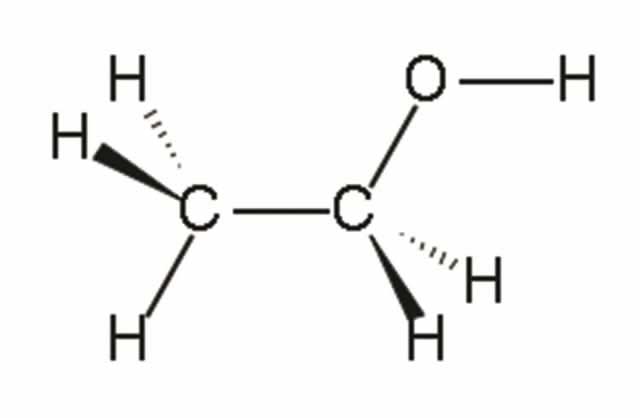Concourt strikes down sections of Statute law

Zvamaida Murwira Senior Reporter
THE Constitutional Court yesterday ruled that sections of the Criminal Law Codification and Reform Act criminalising the undermining of the authority of the President and communicating falsehoods must be struck off as they are unconstitutional.
The nine-member full bench invited Justice, Legal and Parliamentary Affairs Minister Emmerson Mnangagwa to show cause on November 20 if he wishes on why the provisions should not be struck down from the country’s legal statutes.
The sections ruled unconstitutional were Section 31 (a) (iii) which criminalises publishing or communicating false statements prejudicial to the State and Section 33 (a) (ii) which criminalises undermining the authority of the President.
The ruling by the court followed an appeal by Zimbabwe Independent journalists Constantine Chimakure and Vincent Kahiya on one hand and artist Owen Maseko, all of whom had been charged under the Criminal Code.
Chimakure and Kahiya were charged under Section 31 for allegedly publishing or communicating false statement prejudicial to the State, while Maseko was charged under Section 33 for allegedly undermining the authority of the President through his paintings.
The full bench handed a unanimous decision with respect to Zimbabwe Independent journalists, while the order was given by consent of both parties with respect to Maseko’s case.
“It has not been shown that S31(a)(iii) of the Criminal Code is not in contravention of S20 (1) of the Constitution.
“Section 24 (5) of the Constitution applies. The Minister of Justice, Legal and Parliamentary Affairs is hereby called upon to appear if he so wishes before the Supreme Court on 20 November 2013 at 9:30am to show cause why S 31(a)(iii) of the Criminal Code should not be declared to be in contravention of S20(1) of the Constitution,” read the judgement prepared by Deputy Chief Justice Luke Malaba.
Chief Justice Godfrey Chidyausiku, Justices Vernanda Ziyambi, Paddington Garwe and Maphios Cheda concurred.
In the Maseko case, Deputy Chief Justice Malaba handed down thejudgement after nine judges heard the case where November 20 was given as the date when Minister Mnangagwa could come to show cause why the provisions should not be struck down.
The case was heard before Chief Justice Chidyausiku, Garwe, Ziyambi, Ben Hlatshwayo, Bharat Patel, Antonia Guvava, Ann-Mary Gowora and Elizabeth Gwaunza.
Law officer Mr Chris Mutangadura conceded that the section under which Maseko had been charged was not consistent with the old Constitution, the legal statute that prevailed at the commission of the alleged offence.
Mr Mutangadura had earlier on raised concern, saying there was need for caution in handling the case because several other people had been charged and jailed under the same Section.
In thejudgement of Chimakure and Kahiya, Justice Malaba said the maximum penalty of 20 years imposed by the Section was disproportionate with the offence.
He said the United Nations Human Rights Commission abhorred criminalisation of false news and have gone to the extend ofrecommending the scrapping of the statutes because they “unduly limit the exercise of freedom of opinion and expression.”
“The chilling effect of the disproportionate threat of the period of the maximum penalty of imprisonment to which a person convicted of the offence is liable harms the operations of a free media,” said Justice Malaba.
“By authorising the discretionary imposition of a maximum punishment of 20 years imprisonment for offences amounting to attempts, S31(a)(iii) of the Criminal Code has a serious inhibiting effect on the exercise of the right to freely criticise public institutions in the performance of their functions.”
Justice Malaba said it was a fundamental principle of the protection of freedom of expression that the State should not penalise people who make false statements in good faith about a matter of public concern.
“The principle that there be an element of knowledge of falsity of the statement published or communicated proved by the prosecution is based on the assumption that journalists, in particular, are responsible professional people.
“They value freedom of expression and its importance to society such that they would in most cases not deliberately propagate falsehoods. A reporter’s reputation depends on the quality of information he or she provides.”
Chimakure and Kahiya were charged after they published a storytitled “Activists’ abductors named,” where in the story senior police officials were identified as having abducted MDC-T activists and Zimbabwe Peace Project director Jestina Mukoko in 2009.
Maseko was represented by Advocate Zvikomborero Chadambuka, instructed by Jeremiah Bhamu from the Zimbabwe Lawyers for Human Rights.
Maseko was seeking to assert the right of artists to free expression as he felt that they were being breached by some sections of the Criminal Law (Codification and Reform) Act.
This was after he was arrested for making paintings reminiscent of the dissident menace that afflicted the Matabeleland and Midlands provinces soon after independence.










Comments